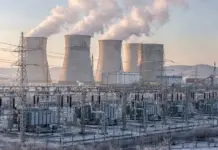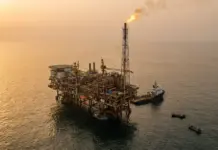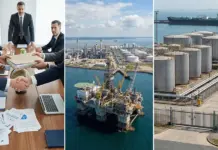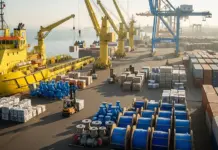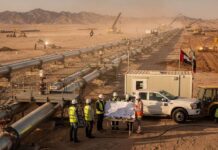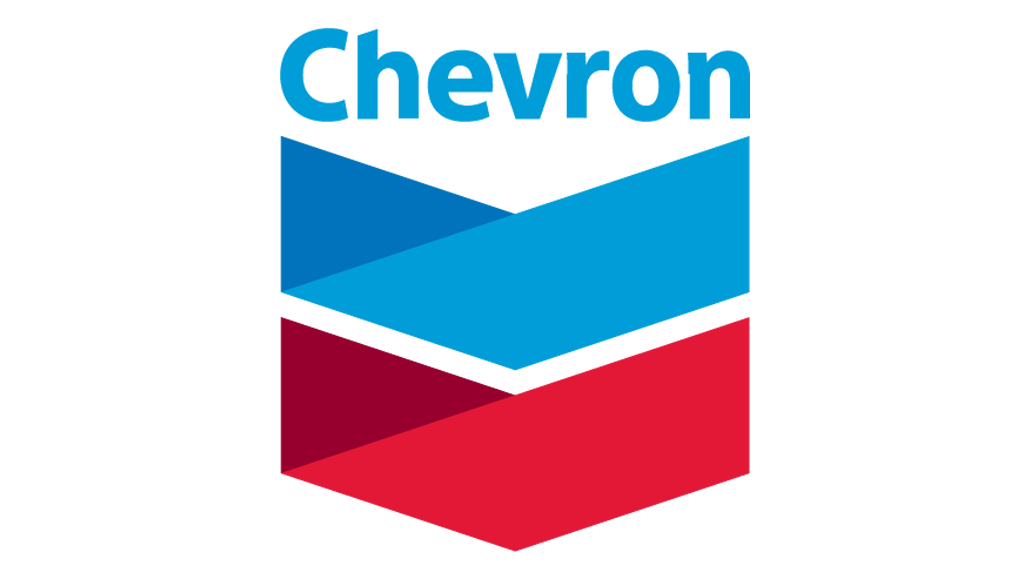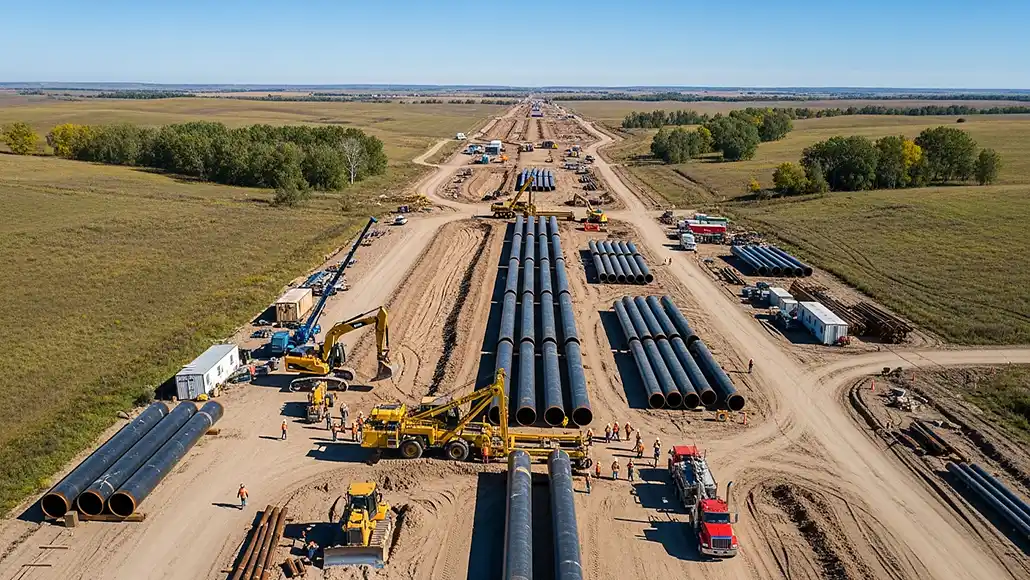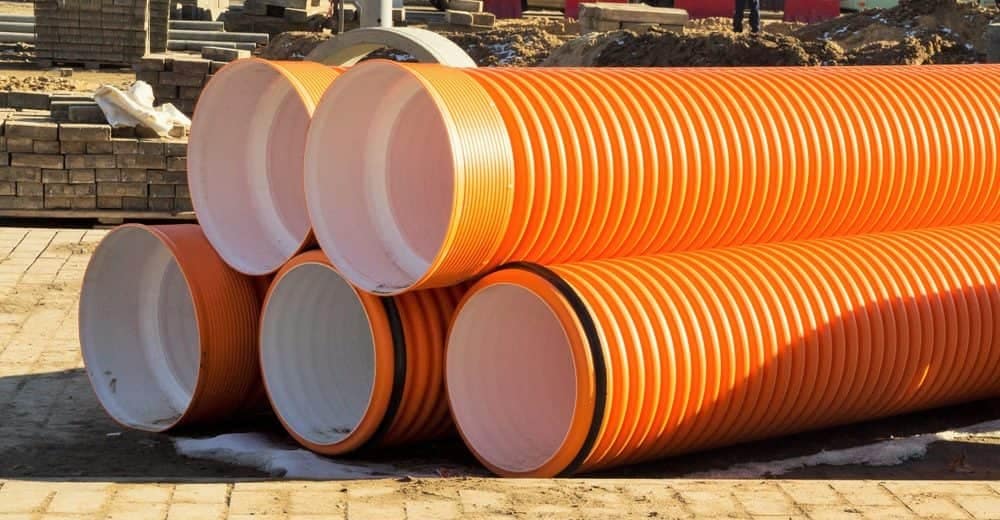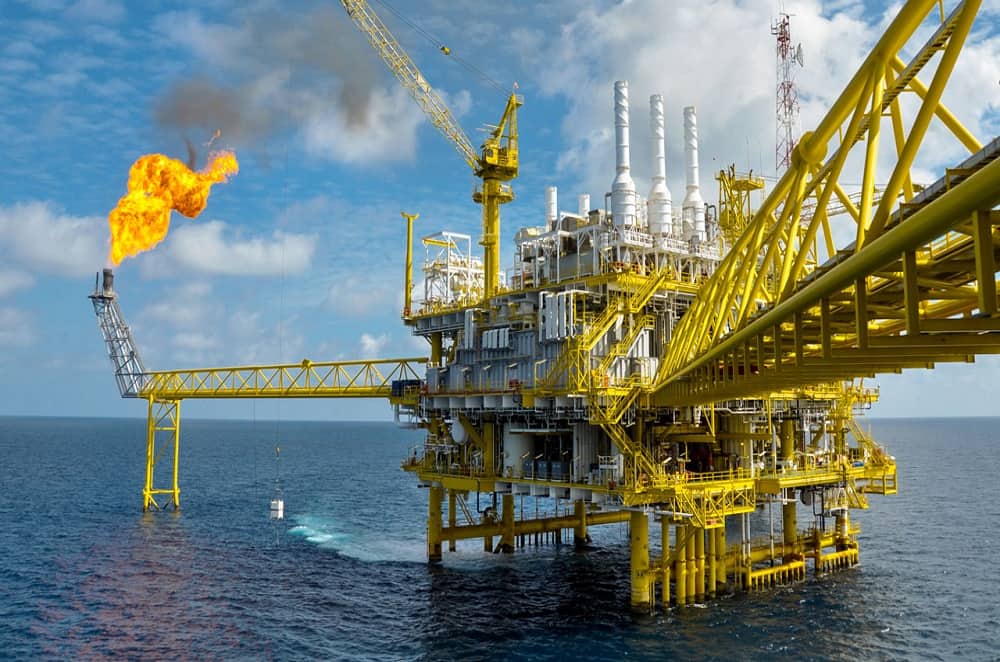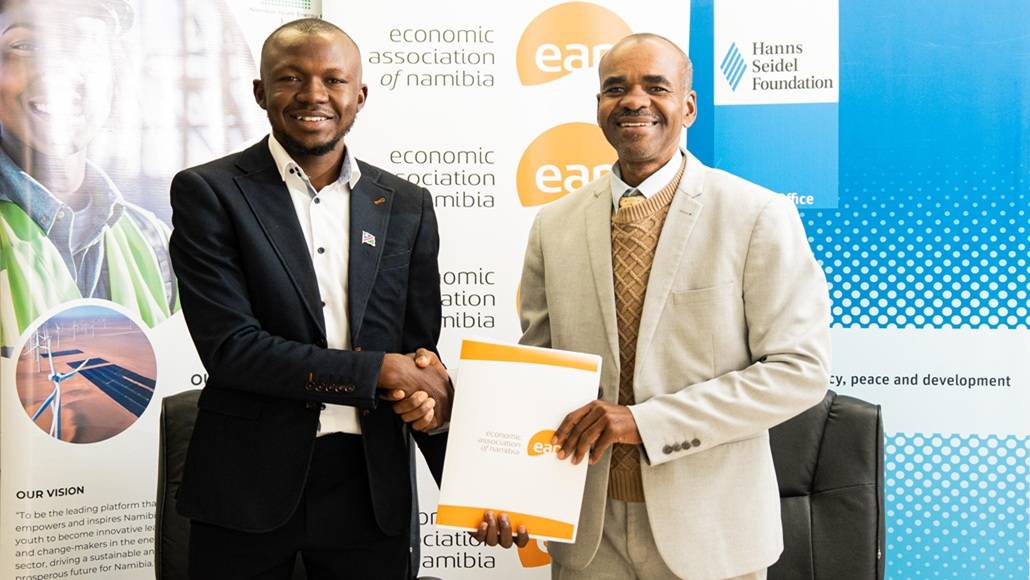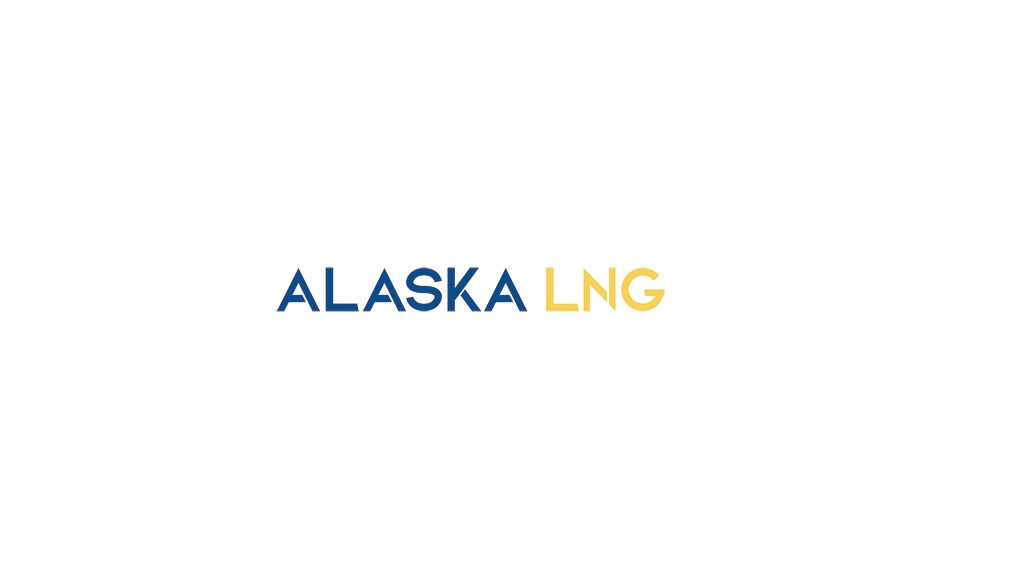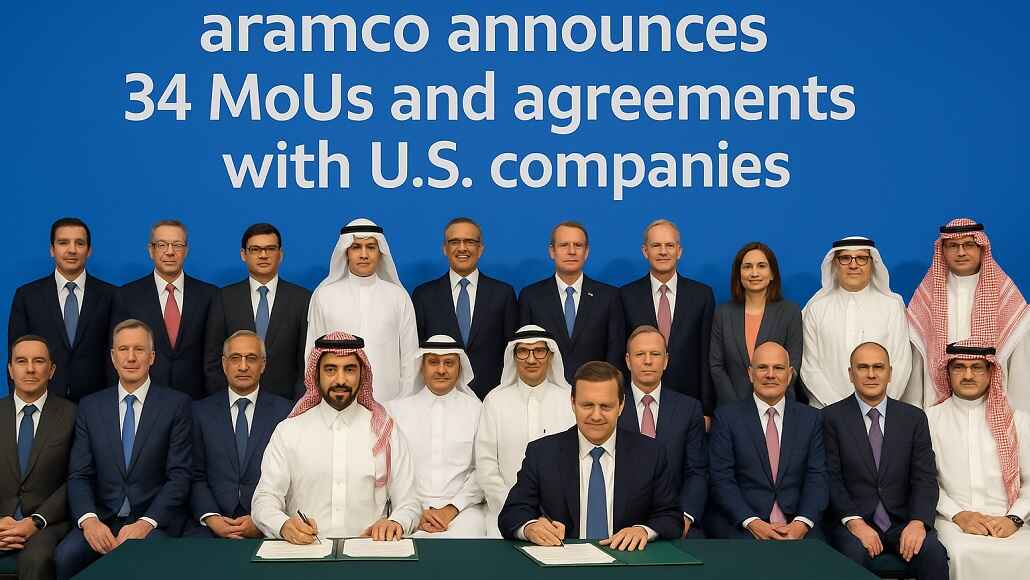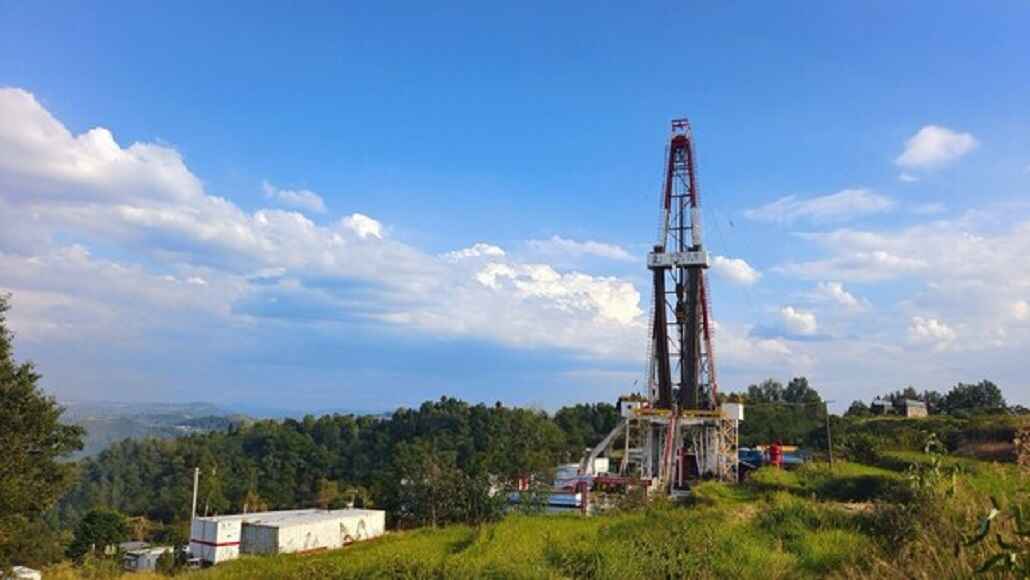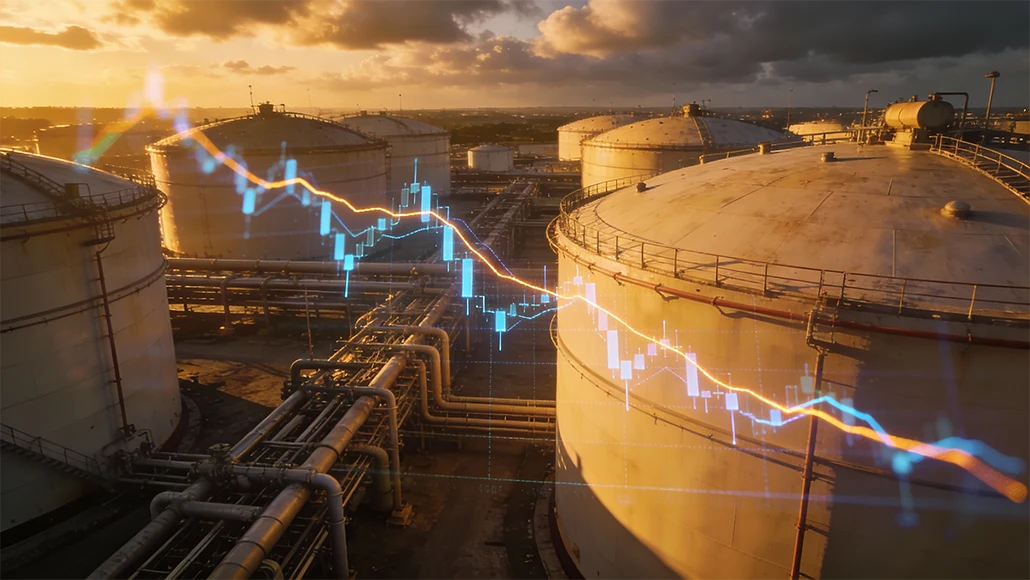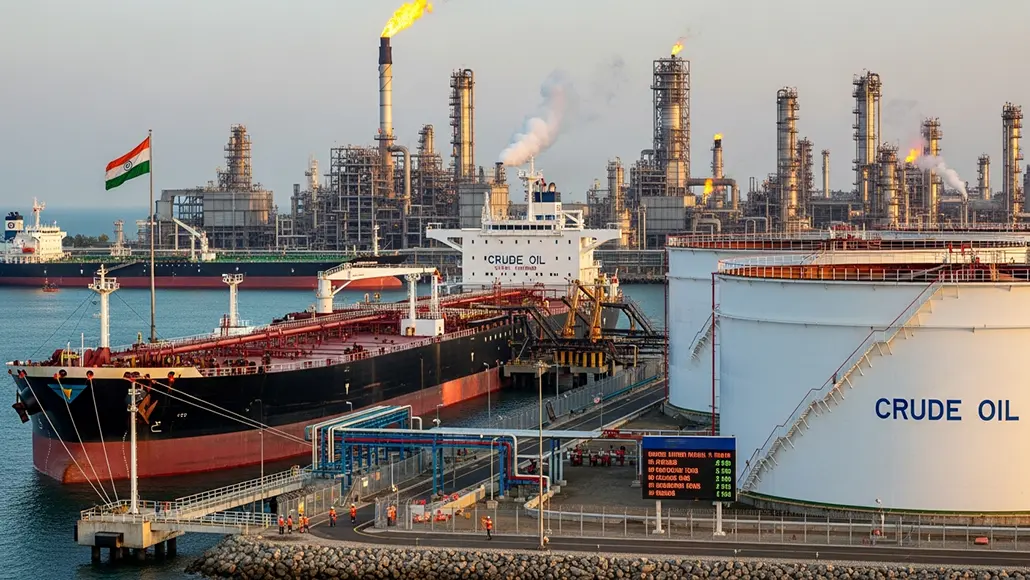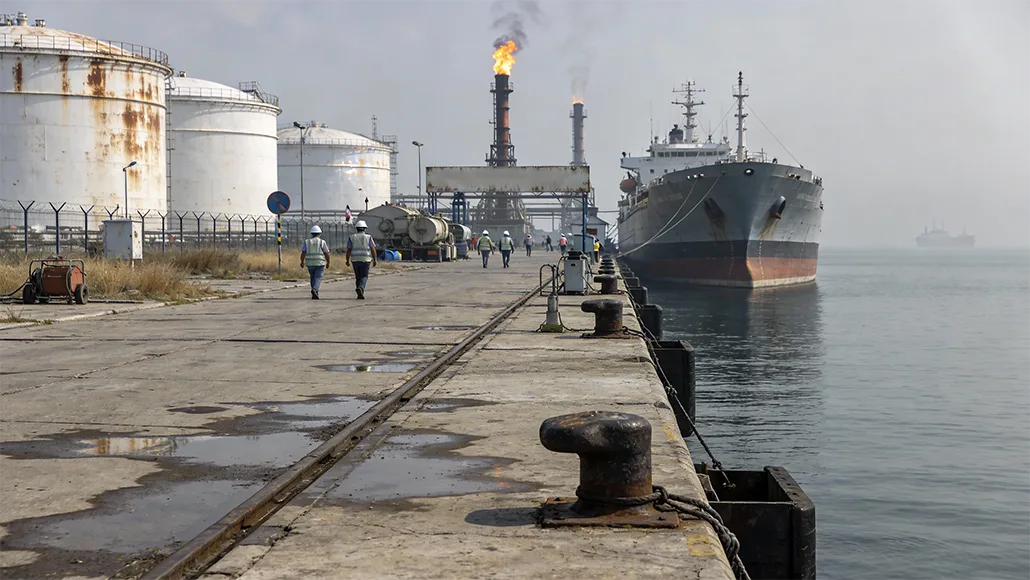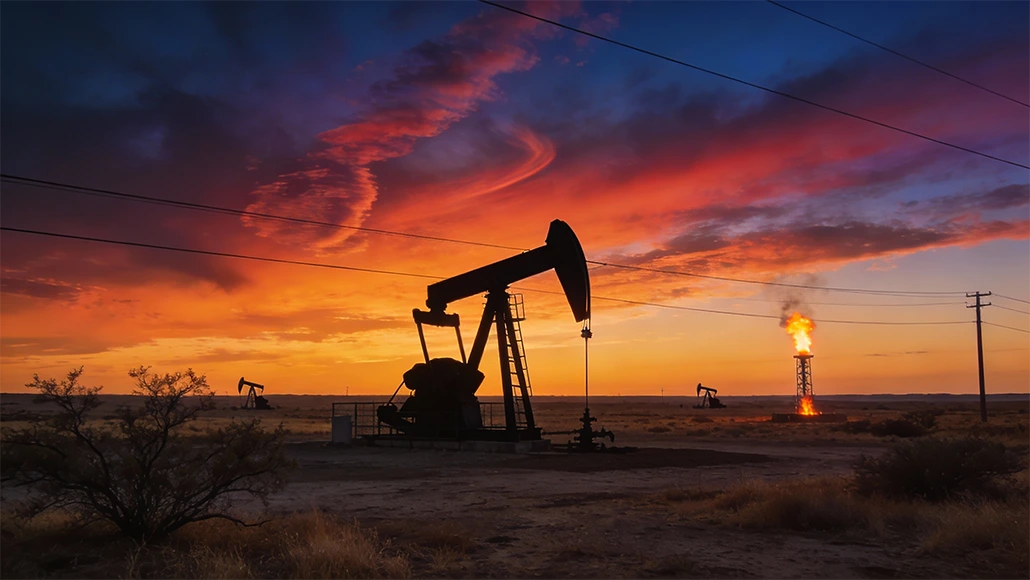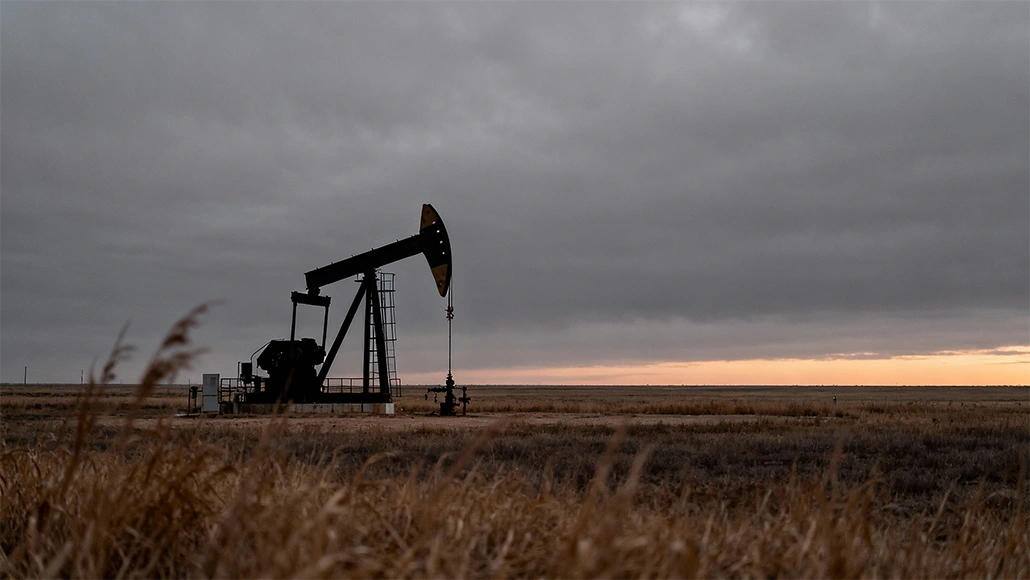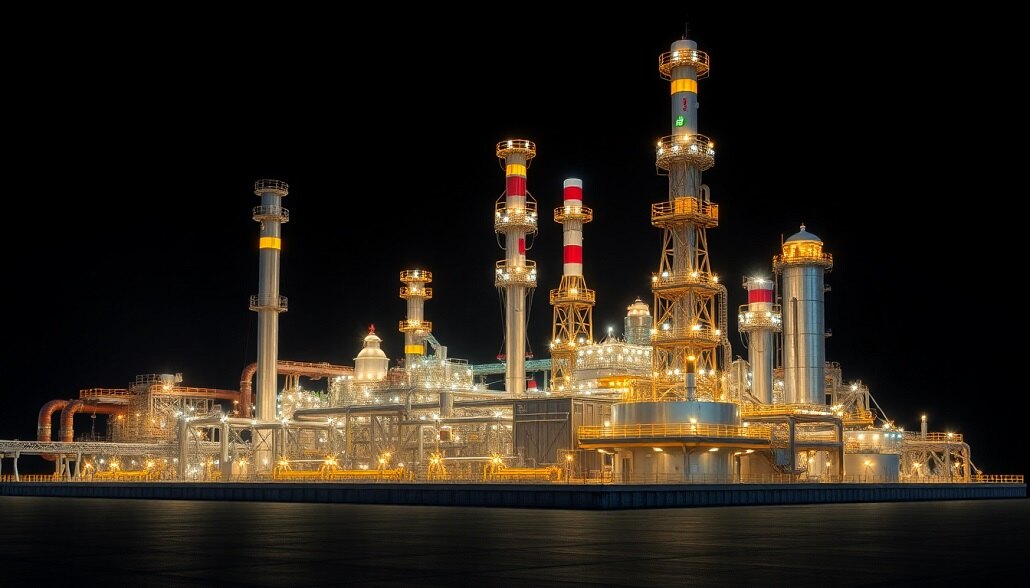The US is all set to lift sanctions on Syria, said President Donald 5Trump on May 13 in Riyadh, Saudi Arabia, thereby offering hope that the country can go ahead and rebuild its own robust oil and gas sector.
The oil and gas sector in Syria has been left drying since the time the sanctions started taking shape. It indeed becomes very important not just for Syria’s development as well as its stability that there remains equivalent support that comes in from the middle east as well as the EU and of course the US. Once appropriate measures ensue, the oil and gas sector in Syria is surely going to create immense buzz across the region thereby adding more balance to it.
According to Trump, who was speaking at the US-Saudi investment forum, he is going to be ordering the cessation of sanctions when it comes to Syria in order to give the country a chance at greatness.
He went on to add that this decision of his was made after he consulted with Mohammed Bin Salman, the Saudi crown prince, and Recep Erdogan, the Turkish president. Trump went on to add that sanctions were brutal as well as crippling and went on to serve a purpose at a time, but now it is Syria’s time to shine. With regard to the measures that bar conducting business with the Syrian government, as well as its military and intelligence services, Trump said that they are going to take them all off.
It is well to be noted that the US has also gone on to maintain its designation of Hayat Tahrir al-Sham, which is a group now leading in Syria, as a foreign terrorist organization, which hampers the ability to negotiate deals as far as international companies are concerned.
Before the civil war took place in 2012, Syria pumped in around 380,000 barrels per day 400,000 barrels per day, of crude, which was enough to meet the domestic demand as well as supply some volumes of it to the international export market. There were 316 MMcf/d of natural gas as well, as per the US Energy Information Administration.
However, the production has fallen as low as 30,000 b/d in recent years due to the fact that the war as well as neglect is destroying much of its infrastructure, thereby leaving the country dependent on countries such as Iran when it comes to supplies until the time former dictator, BASHAR al-Assad fled to Russia.
It is well to be noted that Syria happens to have two oil refineries based at Banias and Homs, having a production well below their combined capacity of 227,000 barrels per day.
It’s worth noting that Syria’s new leadership went on to gain a six-month exemption from US sanctions in January 2025, which helped to permit activities as well as transactions that make sure essential services such as allowing petroleum, petroleum products, electricity, as well as natural gas to enter the country. The UK, as well as the EU, has also eased its restrictions. However, the US retention of its measures has been a major barrier when it comes to Syria securing investment, which is needed to rehabilitate its oil as well as gas sector and also secure supplies of fuel.
Most of the oil and gas sector in Syria is based in Northeast sector and happen to be in the hands of Kurdish-led Syrian Democratic Forces. Damascus, on March 10, reached a breakthrough deal with the Syrian Democratic Forces in which the Syrian government will take care of oil and gas fields and also share their revenues.
Turkey, on the other hand, which is said to have close ties to HTS, has gone on to offer electricity to the Idlib province. Alparslan Bayraktar, the energy minister, recently went on to state that Turkey is discovering as to how to utilize the oil and natural gas of Syria for reconstruction and may also consider sending more electricity.
The humanitarian aid and relief center of Saudi Arabia has also said that it is going to send fuel aid. Ahmed al-Sharara, a Saudi-born, new Syrian leader, was paid a visit by Saudi foreign minister in January, as the country wanted to rebalance the power in the region away from Iran.
The regional opportunity
The decision to go ahead and remove sanctions on Syria is an opportunity for both the US and the region, say the experts during a May 13 webinar that was held by the Middle East Institute. The US apparently often talks about burden sharing, and Syria is a place where Gulf interest and investments happen to be so pronounced that it can indeed be a great opportunity for burden sharing, said an associate fellow at MEI, Daniel Benaim, during the webinar.
According to him, the most helpful thing that the United States can do is come up with an enabling sanctions environment for that to happen. It is well to be noted that Benaim was the deputy assistant secretary of state when it came to Arabian Peninsula affairs in the Biden administration.
Syrian sanctions go back 40 years and have in them the legislative sanctions that can only be eradicated by the US Congress, said Benaim. However, he thought that the removal of any of them was pretty important.
Apparently, it is Saudi Arabia that is making the case that a stable Syria would enable Saudi Arabia to achieve its economic goals since it will allow projects and pipelines as well as goods transit from Turkey and Europe and vice versa.
It is worth noting that a stable Syria is indeed key for the Gulf states and especially Saudi Arabia, which has been working very hard on this issue when it comes to explaining that to their American counterpart or underscoring this major issue and also acting as a gateway for Syria to the West and, of course, the United States.



